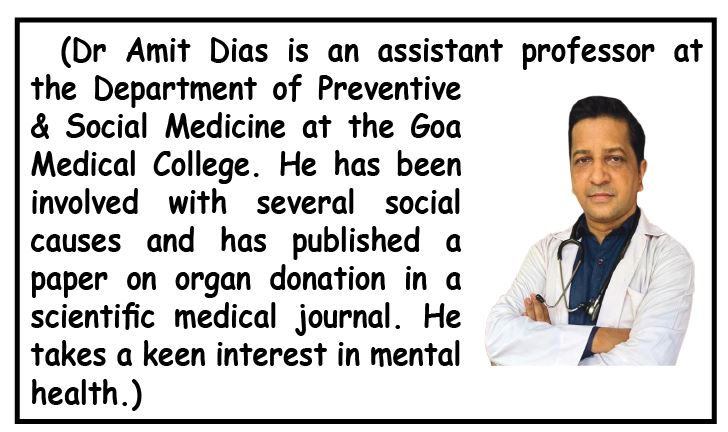Goa is abuzz with excitement as vintage bike and car owners, users, collectors and fans are decking […]
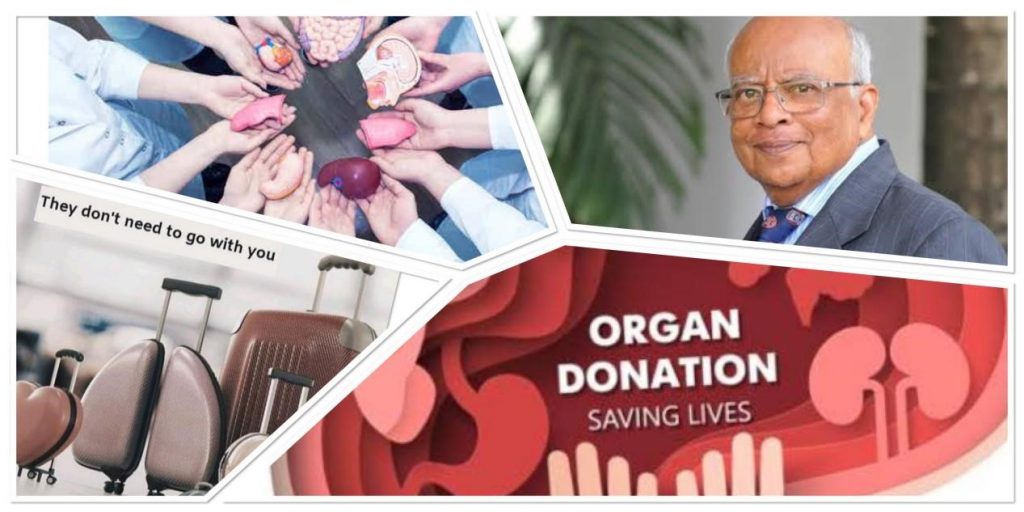
ORGAN DONATION: THE GIFT OF LIFE
Aug 10- Aug 16 2024, MIND & BODY, HEART & SOUL August 9, 2024Angdaan Jan Jagrukta Abhiyan
An Organ Donation Day Special!
Indian Organ Donation Day is observed on August 3. “There can be no greater gift than the gift of life,|” says Dr Amit Dias. Here is how you may reach out to people in need and live beyond your lifetime!
Q/A interview with Dr Amit Dias
Goan Observer: Doctor could you explain why Indian Organ Donation Day is observed on August 3 while the World Organ Donation Day is on Aug 13?
Dr Amit Dias: Good question, Indian Organ Donation Day is observed on August 3 to raise awareness about the importance of organ donation and to encourage more people to come forward and pledge their organs. The date was chosen to commemorate the day when India’s first organ transplant was successfully performed by Dr P Venugopal, who gave new life to his patient Devi Ram. This is certainly a significant milestone in the country’s medical history.
Q: What exactly is organ donation?
A: Organ donation is the process of giving an organ or a part of an organ to be transplanted into another person. This can be done by living donors who donate organs such as a kidney or a part of their liver or by deceased donors whose organs are harvested after they have been declared brain dead.
Q: Can we have living and dead donors for organs?
A: Yes, there are two broad types of organ donation
- Living Donor Organ Donation: A person while living can donate one kidney (the other kidney can maintain its function), part of the pancreas (half pancreas can maintain function), and part of the liver (the liver can regenerate).
- Deceased Donor Organ Donation (after Brain Death): a person can donate multiple organs and tissues after brain death. His organs will continue to function in the other person’s body.
Q: Which organs can be donated?
A: Several organs can be donated, including the heart, kidneys, liver, lungs, pancreas, skin, cornea and intestines. One donor can save up to eight lives. Additionally, tissues such as bones, heart valves, veins, and tendons can also be donated to improve the quality of life for more than 75 recipients. This highlights the incredible impact one individual can have through this generous act. Today even limbs can be transplanted. The options are numerous, the donors are few. The biggest barrier is that there are several myths surrounding organ donation which hampers people from gifting their life to others. You should try and raise awareness of this through your newspaper.
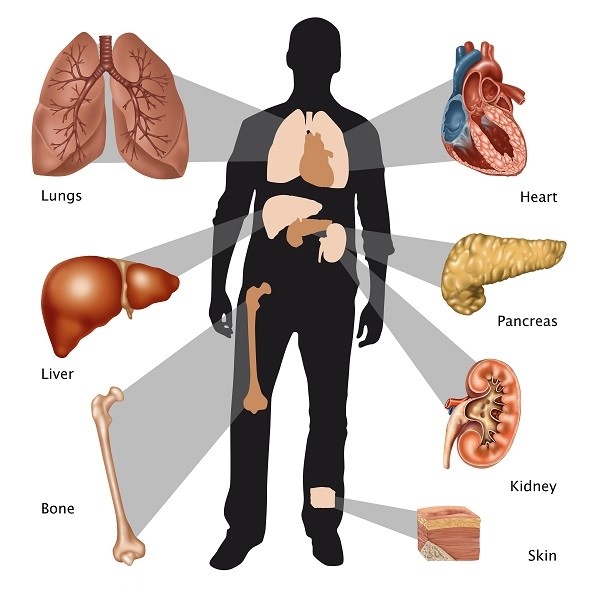
Q: Speaking about myths, can you dispel some of the myths surrounding organ donation?
A: Here are a few common myths and the facts:
Myth: If I agree to donate my organs, the hospital staff won’t work as hard to save my life.
Fact: The primary duty of medical professionals is to save lives. Organ donation is considered only after all lifesaving efforts have failed, and the donor is declared brain dead.
Myth: If I donate my organs my body will look disfigured
Fact: The body will be sutured neatly after retrieving the organs and it will not look disfigured.
Myth: Organ donation is against my religion.
Fact: Most major religions support organ donation as an act of compassion and generosity.
Myth: I am too old to donate.
Fact: There’s no age limit for organ donation. The decision is based on strict medical criteria, not age.
Myth: My family will be charged for donating my organs.
Fact: There is no cost to the donor’s family for organ donation.
Q: How can one donate one’s organs in Goa?
A: In India, individuals can pledge to donate their organs by registering with the State Organ & Tissue Transplant Registry (SOTTO). It is also crucial to inform family members about your decision, as their consent is necessary for the donation process after death. You can scan this QR code and pledge to be an organ donor.
Q: What is the gap in the demand and supply of organs?
A: The gap between the demand and supply of organs in India is significant. While thousands of patients are on waiting lists for organ transplants, the number of donors remains low. This disparity results in many patients not receiving the life-saving transplants they need, leading to increased mortality and suffering. Around 1.5 lakh people await kidney transplants and just around 5,000 get it. Fifteen people die every day waiting for an organ donation and every 10 minutes a new name is added to the waiting list.
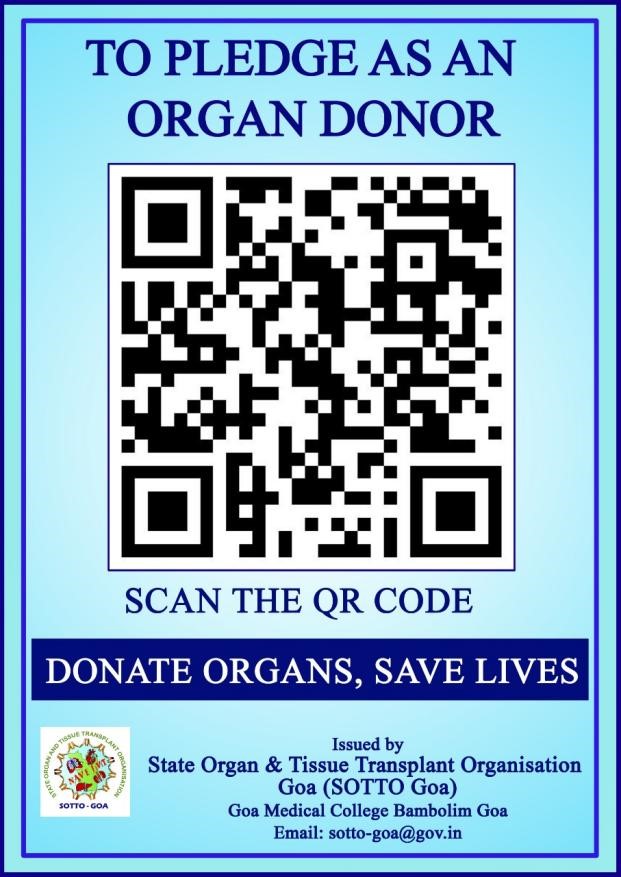
Q: Is there a time frame within which time the organ has to be retrieved and transplanted?
A: Yes, there is a time frame for organ retrieval and transplantation and it varies depending on the organ. For example, the heart and lungs need to be transplanted within 4-6 hours, the liver within 12-15 hours, and the kidneys within 24-36 hours after retrieval. Prompt retrieval and transplantation are crucial to ensure the organs remain viable.
Q: What are the rules and regulations we have in India regarding organ donation, and why were they needed?
A: We need to acknowledge the fact that there was a lot of malpractice about organ donation in the past and there was a need to streamline it. India has the Transplantation of Human Organs and Tissues Act (THOTA) of 1994, amended in 2011. This act was established to regulate the removal, storage and transplantation of human organs and tissues, to prevent commercial trading and to promote ethical practices in organ donation and transplantation.
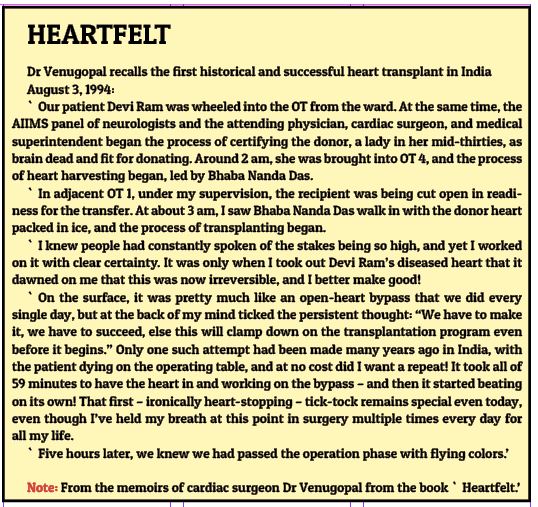
Q: What is your message to our readers?
A: I would say it with a simple mnemonic: “SAVE LIVES”
• Share your decision with others
• Advocate for donation
• Verify your registration
• Educate others
• Live beyond your life
• Inform your family
•Volunteer to spread awareness
•Encourage others to pledge
• Stay safe – drive safely
